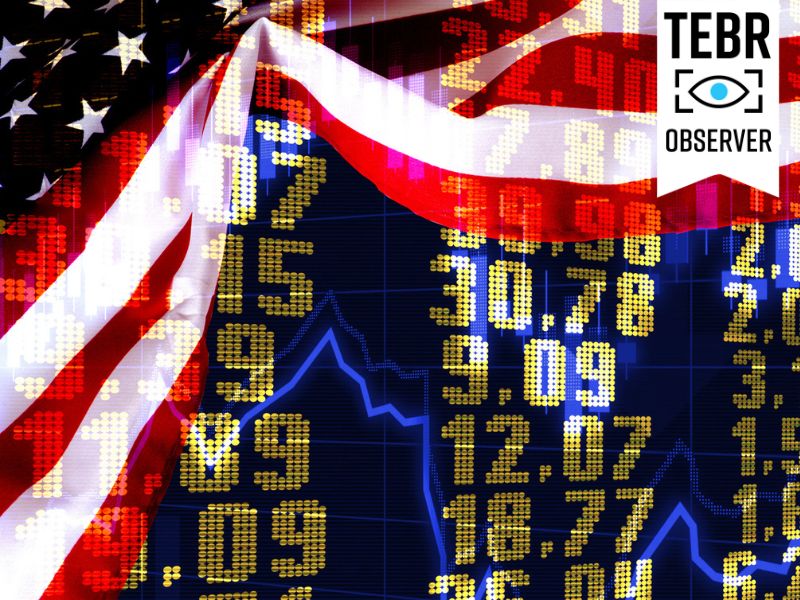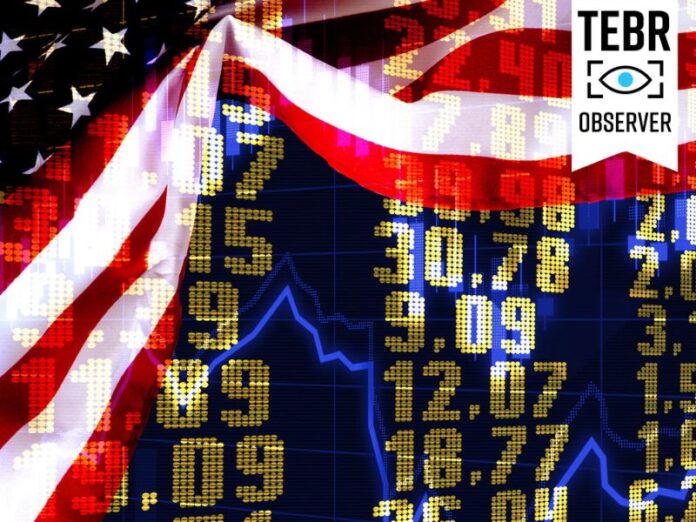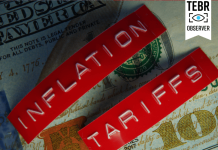By Emil Bjerg
Kamala Harris or Donald Trump as the next US president? With just a week left of the election campaign, we explore how the outcome might affect stock markets.
A dramatic election campaign is about to culminate. With just a week left of the campaign, the race looks too close to call, with Kamala Harris taking 49% of the votes in The New York Times national polling average, while Trump receives 48%.
It’s well-known that major events such as the US election affect the stock markets. Understanding how is where it gets challenging. According to research by Investopedia, election outcomes do not make a clear difference in the stock markets in the long run. Instead, we can expect the election to have short-term and sector-specific impacts.
US elections can have significant ripple effects on stock markets outside the US. Global markets often experience increased volatility during US election periods, especially if the outcome is uncertain as in this election.
Short-Term Volatility
Historically, stock market volatility tends to rise as election day approaches. The Volatility Index (VIX), often referred to as the “fear index,” typically shows an uptick in the months leading up to the election.
The root causes of this electoral volatility are multifaceted. Policy uncertainty looms large, with investors anxiously gaming out how potential shifts in economic, tax, and regulatory landscapes might reshape various sectors. The possibility of dramatic changes in foreign policy or trade relationships adds another layer of complexity, perhaps especially in this election where the two candidates stand for radically different visions.
The electoral volatility and its impact on the VIX can have significant effects on actual stocks in several ways. As the VIX rises, indicating higher expected volatility, individual stocks often experience larger price swings. This can lead to more pronounced daily gains and losses across the market. Furthermore, there’s uncertainty about election outcomes, investors often move their money between safer (defensive) sectors and more growth-oriented (cyclical) sectors. This shift can create fluctuations in the stock prices of specific sectors.
The current VIX at 19,21% suggests moderate rather than extreme volatility. A contested or delayed election result would likely lead to a sharp increase in market volatility, as seen in the aftermath of the 2000 and 2020 elections.
Sector-Specific Effects: Energy, Tax and Tariffs
The energy sector is a good example of the sector-specific impacts we can expect from the election.
If Donald Trump secures victory, he is expected to prioritize fossil fuels, advocating for increased domestic oil and gas production. His administration would likely focus on rolling back environmental regulations, expediting permits for drilling and pipeline projects, and promoting energy independence. This approach could result in short-term gains for fossil fuel companies.
A Harris presidency would likely accelerate investments in renewable energy sources, such as wind and solar. Harris has been a strong advocate for clean energy initiatives and is expected to support policies that encourage the transition to electric vehicles, potentially benefiting those industries in the short term.
Tax and tariff policies are a key difference between Harris an d Trump, with Harris wanting to increase corporate taxes on the most profitable companies from 21% to 28%. According to CSIS, Trump, on the other hand, has proposed a “10–20 percent across-the-board tariff on imports into the United States, as well as an additional 60 percent tariff on all imports from China.”
d Trump, with Harris wanting to increase corporate taxes on the most profitable companies from 21% to 28%. According to CSIS, Trump, on the other hand, has proposed a “10–20 percent across-the-board tariff on imports into the United States, as well as an additional 60 percent tariff on all imports from China.”
While a Harris win could negatively impact corporate profits and stock valuations in the short term, Trump’s more confrontational approach to China could impact companies reliant on trade and imports, while also potentially increasing the risk of a trade war.
Long-term perspectives
Even if things are volatile in the present, the long-term perspectives following an election are – statistically – promising. As Peter Repetto says to Quartz: “What’s interesting to us is irrespective of which party holds the White House, you actually typically see pretty good gains in S&P 500 the year following the election with the median return basically being around 16%. So even though we could see volatility in the near term, we do think that investors should either weather the storm or add to allocations that they de-risked heading into the election.”
While the upcoming election may introduce short-term volatility and sector-specific impacts, historical trends suggest that the stock market tends to recover and perform well in the long run, regardless of the election outcome. Some will benefit from short-term volatility, while many are likely to benefit from remaining focused on their long-term strategies and diversified approaches.



































